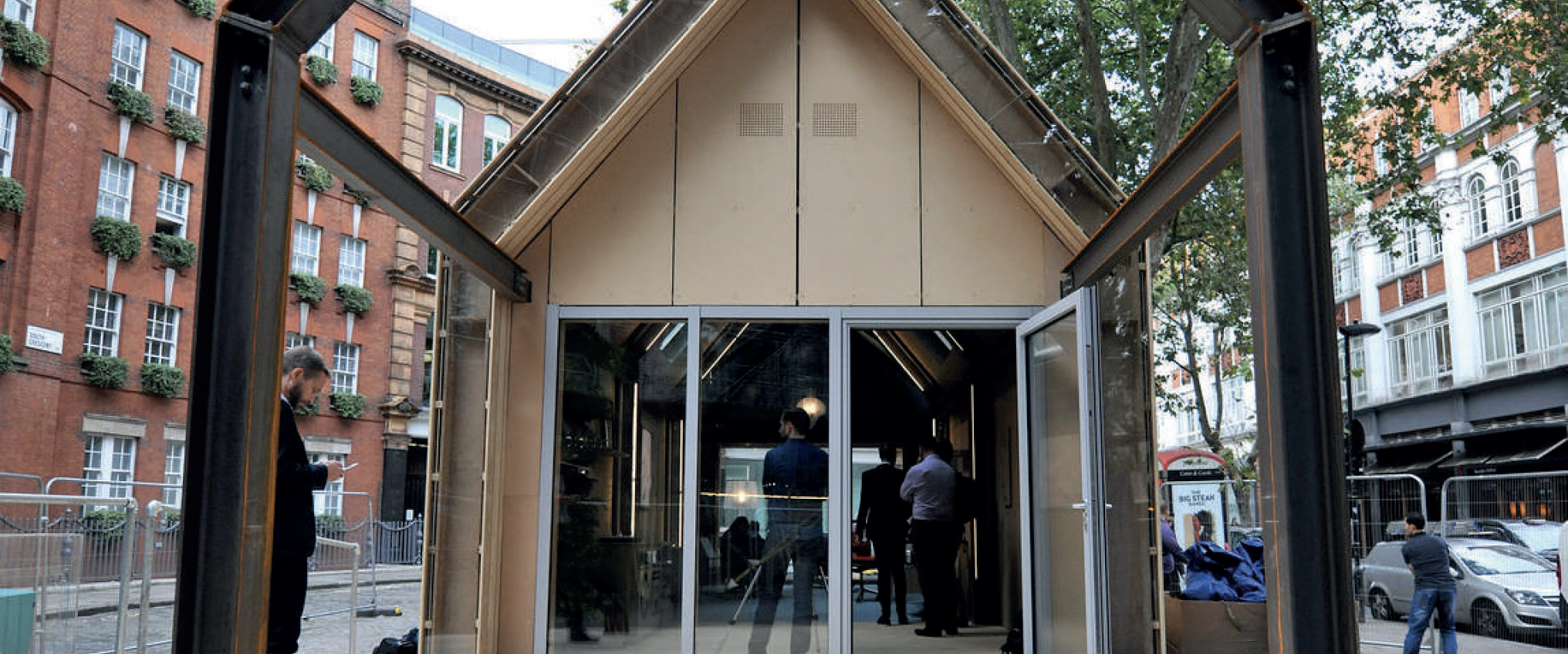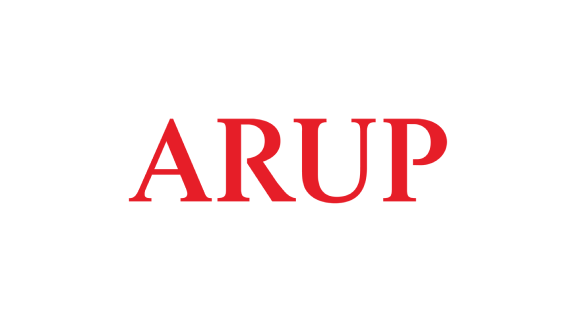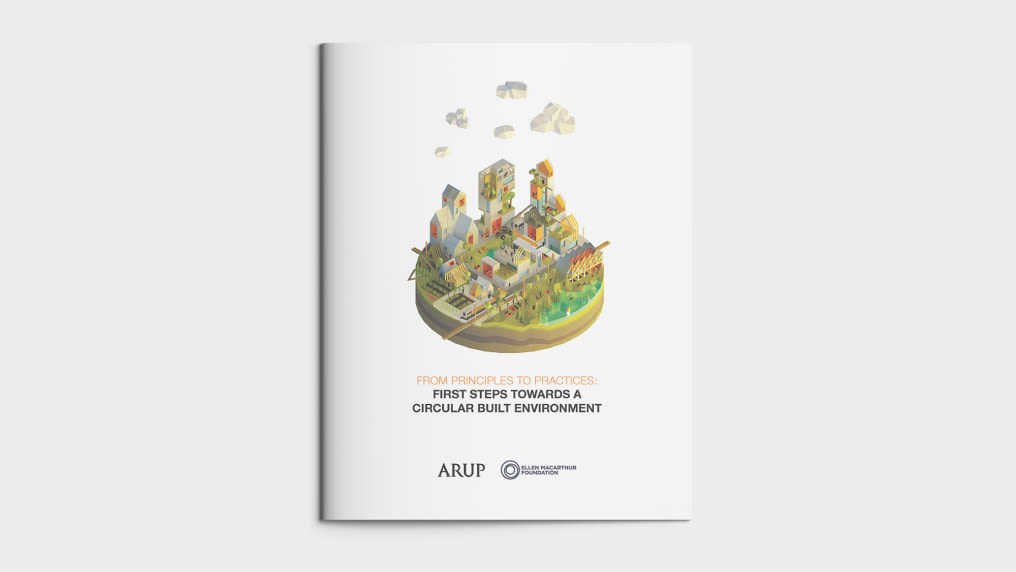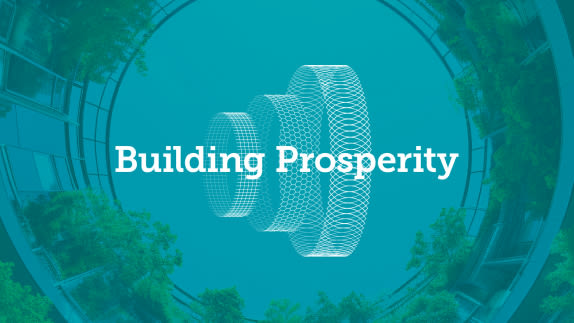This is the second part of ‘From principles to practices’, a two-phase collaborative project led by Arup and the Ellen MacArthur Foundation. ‘Realising the value of circular economy in real estate’ aims to articulate the business case for implementing circular economy principles in building projects.
The first part of the project, published in a report titled ‘First steps towards a circular built environment’, identified the key stakeholders in the built environment sector that need to move first. Among these were investors and construction clients, to whom this report is aimed at.
Policymakers were also identified in the first report, but Arup found that policymakers needed an evidence base of the benefits of a circular economycircular economyA systems solution framework that tackles global challenges like climate change, biodiversity loss, waste, and pollution. It is based on three principles, driven by design: eliminate waste and pollution, circulate products and materials (at their highest value), and regenerate nature. to be developed by investors and construction clients. Research also revealed that value - and the way in which it is created from real estate assets - is set by investors and construction clients through investment requirements, tenure models and design briefs.
Despite this, the business case for implementing circular economy principles had not yet been explicitly articulated to investors or construction clients to incentivise a change in this direction, so that became the aim of this report.
New business models
The report lays out five new circular business models for real estate, each of which offers better returns than business-as-usual:
Flexible spaces – multi-use spaces to unlock the potential of underutilised space in buildings
Adaptable assets – creating buildings which are resilient to both changing market conditions and social expectations by being able to adapt to alternative uses
Relocatable buildings – moving across sites for temporary uses using modular, deconstructable buildings
Residual value – tradable futures contracts related to the value of building materials at deconstruction
Performance procurement – product-as-a-service business model scaled up to whole building systems
Calls to action
The report concludes with four calls to action:
Investor and construction client communities must lead the adoption of circular principles on scalable, commercial-scale real estate projects
Real estate professionals must drive this conversation
Policy makers must be involved from the beginning of commercial-scale pilots
Evaluation tools which capture lost value must be developed
Download
Realising the value of circular economy in real estate is available in: English







